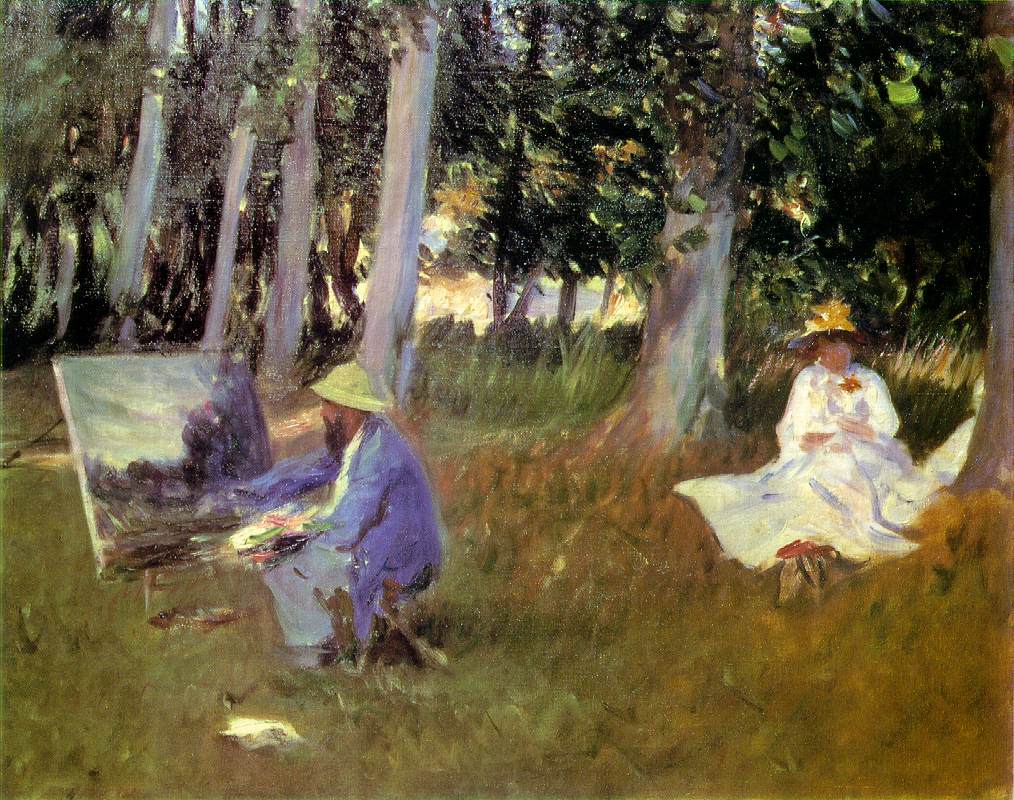“Sabbath”
as a practice is something that Christians tend to either ignore or take for
granted. Sunday is my excuse to take a
nap on the couch rather than do the dishes.
It is my Benjamin’s excuse to accomplish work that he enjoys rather than
work that simply needs to be done. But
the Old Testament Sabbath was a matter of life or death: a representation of
God’s Providence versus a deadly lack of faith.
I was recently reminded of the Sabbath’s importance in reading Norman
Wirzba’s Living the Sabbath, in which
Wirzba explores the Sabbath within the context of creation in a way that I had
never heard.
Wirzba
reminds us that the Genesis creation narrative is not only about work. Each day, God pauses to proclaim that what He
has made is “good,” taking delight in every aspect of what he has formed and
how it is working together. This is not
simply an act of pausing but a part of Creation itself. Indeed, God does not finish creating on the
sixth day with the birth of Man; creation is not complete until the seventh day
when God has rested.
Wirzba
explains this rest with the word menuha,
which “suggests the sort of happiness and harmony that come from things being
as they ought to be.” This rest in
harmony, this “capacity for happiness and delight,” is the completion of God’s
work. This full and complete rest is not
simply a “cessation from activity but rather the lifting up and celebration of
everything” (33).
“The creation of menuha is not a divine afterthought. Nor should it be viewed in a passive way, as
a mere withdrawal from exertion. God’s
rest on the seventh day did not amount to a pulling back but rather a deep
sympathy, harmony, and celebration with all that was there. In so delighting in the splendor of creation,
God invites creatures to bask in the glory of the divine life. In a most important way, therefore, the
creation of menuha gave to the whole
of creation its ultimate purpose and meaning.
Without menuha creation,
though beautiful, would be without an all-encompassing, eternal objective,
which is to participate in the life of God forever. And so what Sabbath menuha does is give us a positive vision of the world’s goodness, a
vision in which there is no fear, distrust, or strife. There is rather a celebration of, and a
sharing in, God’s own experience of delight” (33).
This
means that our goal in Sabbath is not the simple idea of trusting God to
provide as it has always been explained to me, although this act of faith is
also a factor. Instead, God has
intentionally created Rest, just as He has formed all of His work, so that we
might glory in Him. In my mind, menuha means that moment when you experience
a taste of how the world was supposed to be.
Rest is meditating on that moment and its Source, which provides not
only our basic needs but our joys. These
moments give all the other moments of work and worry meaning but also make them
meaningless in their inability to fulfill God’s original purpose as it was
meant to be filled.
When
is that moment of menuha when you can
rest in God’s glory and magnificence? Is
it when you are breathing the air of His creation beyond the reach of the
modern world? Is it when you read that
perfectly crafted poem or hear a beautifully harmonized symphony? Is it when you are creating? Can you find that menuha in small moments of love and friendship? Next time you notice yourself in a twinkling
of pure joy, pause as God did at the end of His act of creation. Revel in the fact that you are an active
participant in an imperfect world that still holds hints of God’s holiness and
perfection.
~~~
Wirzba, Norman. Living The Sabbath: Discovering
the Rhythms of Rest and Delight. Grand Rapids: Brazos Press, 2006.
